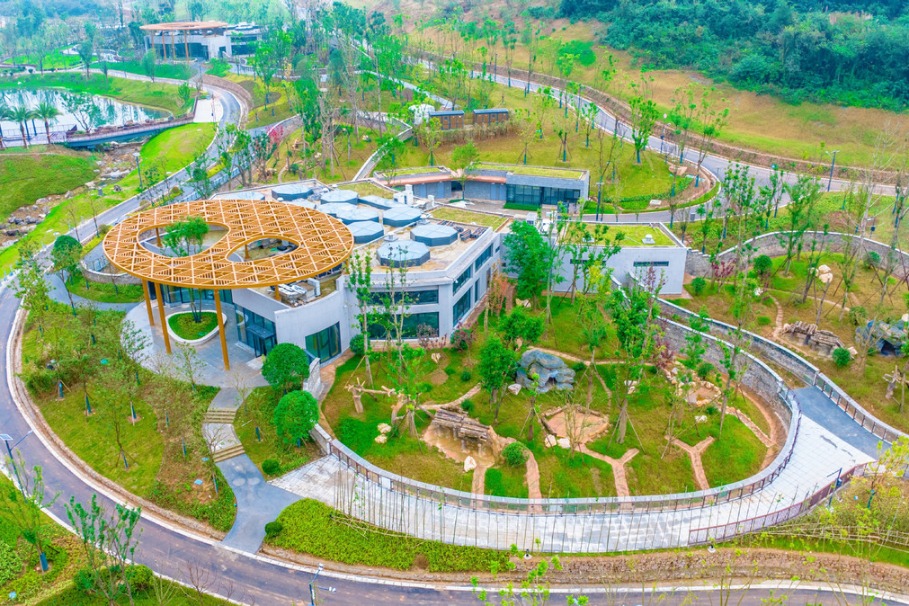Scientists obtain genome of ancient man in China

For the first time, scientists have successfully obtained the genome of a man who lived 40,000 years ago in China. The man from Tianyuan Cave in Beijing becomes the oldest individual whose genome researchers have obtained in East Asia.
Chinese and foreign scientists probed the sequences of the ancient man while studying the structure of ancient populations.
In 2013, Fu Qiaomei, a female researcher from the Institute of Vertebrate Paleontology and Paleoanthropology under Chinese Academy of Sciences, investigated the sequences of chromosome 21. Scientists later drew other chromosomes.
Fu told thepaper.cn that the Tianyuan individual's genome was not a complete set as it lacked some gene segments, but it contained the data of most sites that researchers are interested in comparing population genetics.
The scientists discovered that the man's genes had more in common with ancient and present-day East and Southeast Asians than any Basal Eurasian ancestry.
They also found that he shared more alleles with a 35,000-year-old European individual found in Belgium.
The discovery showed that there was not a single population split between early Europeans and early Asians, Fu said.
Meanwhile, scientists also discovered that the present-day East Asians do not share any direct genetic ancestry with the man, indicating the diversity of humans living in Asia 40,000 years ago.
- Top court strengthens legal protection for private firms
- Tianzi Mountain colored by autumn magic in Zhangjiajie
- International students participate in ginkgo fashion show at Liaodong University
- China expands PhD talent program to boost sci-tech innovation
- Fostering future cooperation: China-US educational exchange
- Commemoration of Taiwan's restoration fully reflects people's will: mainland spokesperson




































